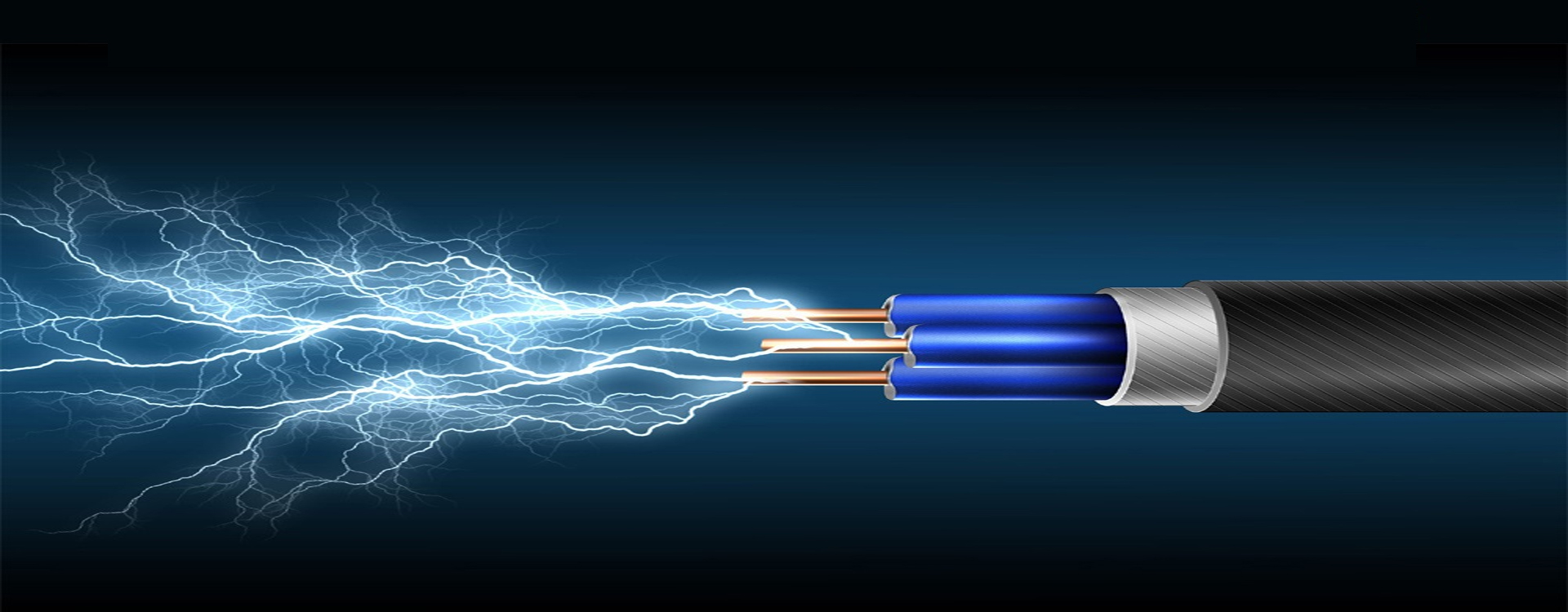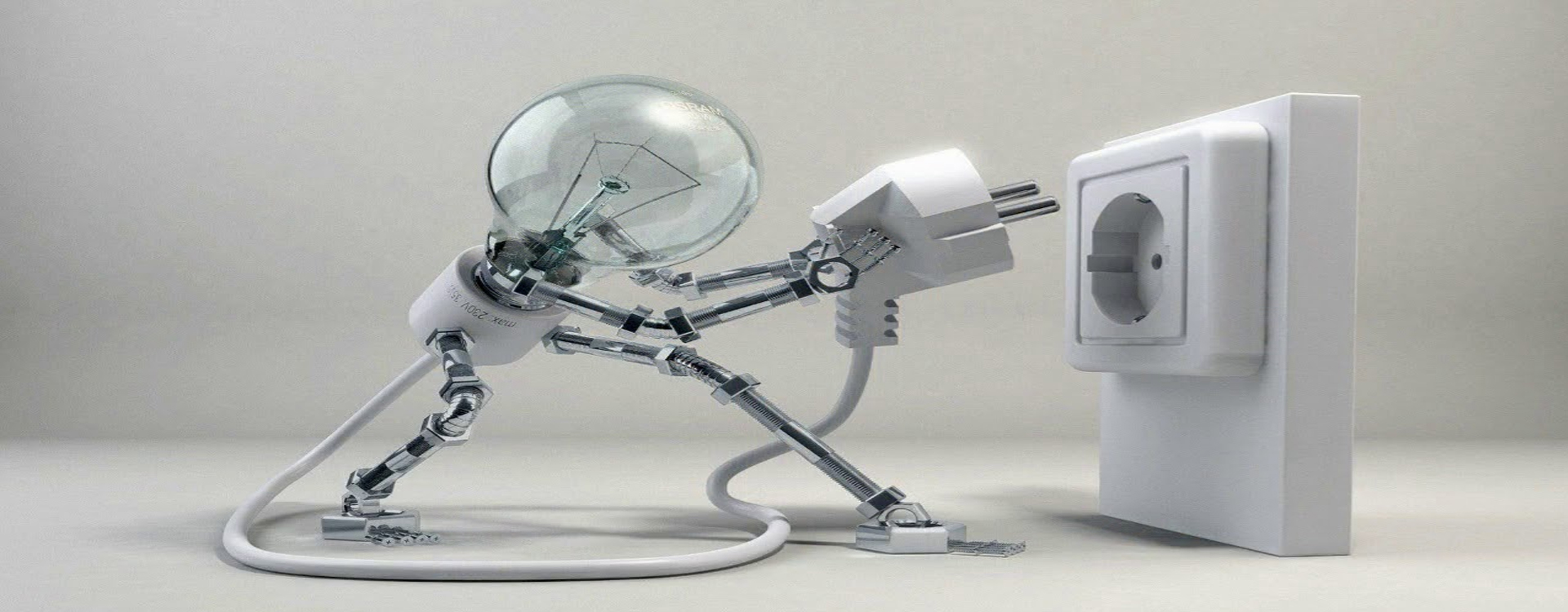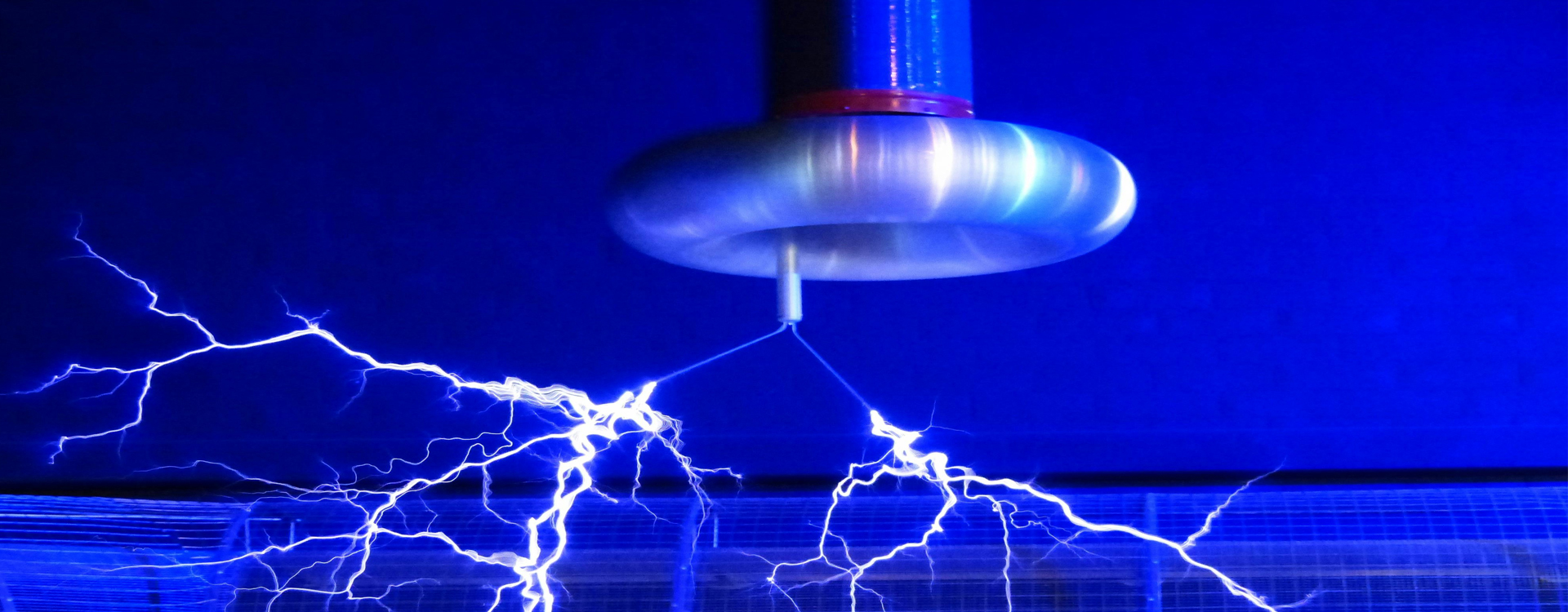Seminar Details
Integration of Renewable Energy Source (RES) provides several benefits such as onsite generation, zero carbon emission and improve local supply reliability through formation of microgrid.The microgrid can be operated with grid connected mode and stand-alone mode. However, the stand-alone operation of microgrid face several abnormalities with the variation of generation and demand. The stand-alone microgrid faces several challenges in maintaining the voltage and frequency due to intermittent nature of RES and uneven/sudden load switching. The changing load dynamics may pose severe threat to the microgrid stability due to its low inertia. Thus, a proper control mechanism is mandatory. During off-peak hours or sufficient generation condition, the generation end (inverter control) control can maintain voltage and frequency to its nominal value adhere to IEEE 1547. However, during peak hour or deficit generation condition generation end control unable to maintain the system&rsquos nominal values. Thus, in such scenario microgrid may collapse due to the large voltage and frequency deviations. Further, high Rate of Change of Frequency (RoCoF) caused due to load switchingmay degrade the power quality and inverter operation. Thus, the voltage control with inertia-based frequency control strategy is mandatory to improve the power quality and mitigate the brown outcaused due to significant amount of load switching. Furthermore, the heterogeneous switching of loads among the phases also decrease the power quality, increase the Voltage Unbalance Factor (%VUF) and circulation current in a stand-alone microgrid.
The dissertation proposes Positive Negative and Zero sequence (PNZS) compensation control in generation side to mitigate the abnormalities caused due to uneven switching of loads. Further, the virtual inertia-based frequency control is also implemented to mitigate the frequency transient caused due to sudden load switching. The rigorous small signal stability analysis is performed to showcase the efficacy of proposed controllers at various system dynamics. The sequence component-based inverter control strategy can mitigate abnormalities during sufficient generation condition and fails during deficit generation. Thus, load end control through load management is employed to mitigate abnormalities during peak hours/ deficit generation. Further, manual load management is challenging and unreliable. Thus, intelligent load management is carried out.Furthermore, the resilience of the stand-alone microgrid is degraded during adverse conditions while inverter control and load management fails to mitigate the abnormalities. In such scenario, demand of critical loads can be meet through power sharing from possible neighboring microgrid. To realize power sharing between microgrids, networking is done with Interlinking Converter. Thus, the dissertation presents a priority based interlinking converter Control (ILC) strategy to enable power sharing in network microgrid (NM). Further, a network reconfiguration algorithm is required to restore the supply after a High Impact Low Probability (HILP) events. Thus, a hierarchical control strategy is mandatory to improve the stability and enhance the microgrid resilience during adverse conditions (HILP events), peak hours and off-peak hours.



